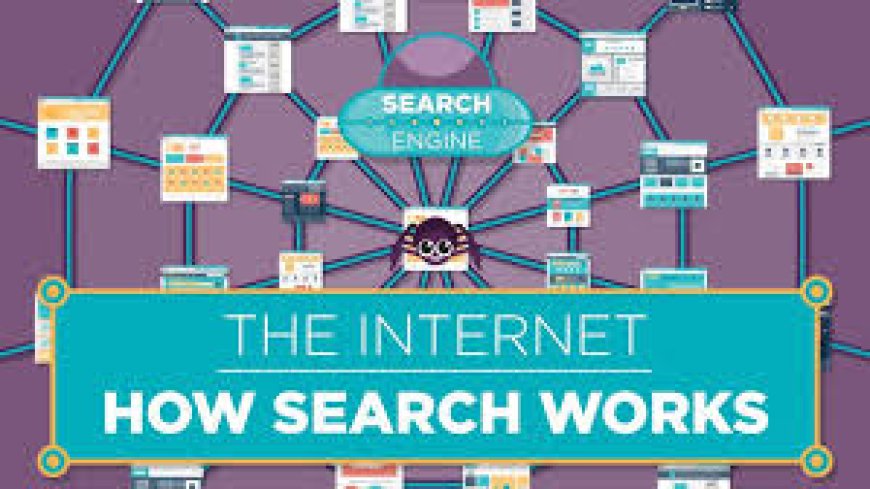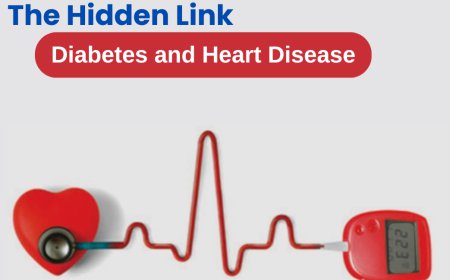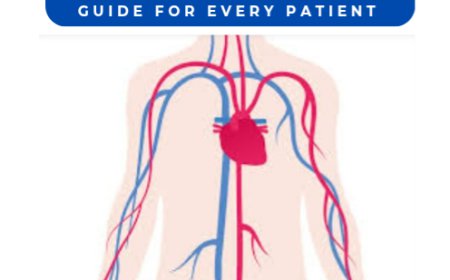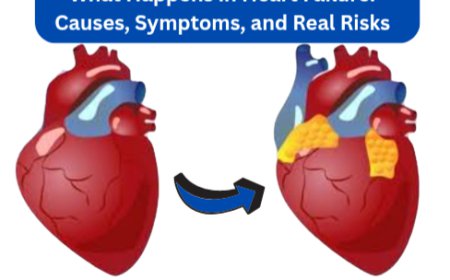Doctor vs. Google – A Guide to Handling Patients Who Rely on Internet Searches
“Doctor vs. Google” – A Guide to Handling Patients Who Rely on Internet Searches by Dr. Dhiren Shah

“Doctor vs. Google” – A Guide to Handling Patients
Who Rely on Internet Searches
Balancing Empathy, Education, and Authority in the Age of Online Information
Introduction: The Google Patient is Here to Stay
Today, patients walk into consultations having already “diagnosed” themselves via the internet. They may arrive with:
-
Printouts from health blogs or forums
-
Screenshots of “treatment options”
-
Misinterpreted scan or lab results
-
Questions that challenge your advice
This behavior isn’t always arrogance—it’s anxiety, confusion, or a desire to be in control. Your job isn’t to dismiss or feel threatened—it’s to manage these moments with confidence, clarity, and compassion.
1. Acknowledge Their Effort First
Instead of rolling your eyes or correcting them immediately:
Say:
“I see you’ve taken time to look into this. That shows how much you care about your health.”
This immediately diffuses tension. Patients want to feel heard before they’re corrected.
2. Understand Why They’re Searching
Often, patients search online because they:
-
Feel rushed during previous appointments
-
Didn't fully understand medical terms
-
Are anxious and looking for hope
-
Had a bad experience elsewhere
-
Want to "double-check" to feel safe
Understanding their motivation helps you respond better.
3. Never Say “You’re Wrong” — Say “Let’s Explore This Together”
If a patient says,
“But I read online that I don’t need surgery,”
Don’t react with frustration. Instead, guide the discussion:
Try:
“Yes, there’s a lot of information online—some of it helpful, some of it misleading. Let me show you what applies to your case and why.”
Use their internet search as a launchpad for education, not a debate.
4. Use Visuals, Reports, and Real Data
Show your reasoning. Pull up:
-
Their echo/angiography/X-ray
-
Lab trends
-
Real guidelines from trusted bodies (NHS, WHO, ACC, etc.)
Let them see how your advice is rooted in facts, not opinion.
Example:
“Let’s look at your scan together. See this artery here? It’s 80% blocked—that’s why medication alone may not work.”
This converts you from a “lecturer” to a “guide.”
5. Respectfully Explain the Limits of Online Advice
You don’t need to criticize the internet. Instead, contextualize it:
Say:
“Online articles talk about general cases. But your body, history, and risks are unique. That’s why decisions must be tailored.”
Or:
“A treatment that works for one person online may harm another if applied blindly.”
This helps them appreciate your expertise without feeling belittled.
6. When Misinformation Is Dangerous, Be Firm (But Polite)
Sometimes, patients insist on false treatments or dangerous alternatives.
In such cases:
-
Correct them with authority, not aggression
-
Bring in a second opinion from a colleague, if needed
-
Offer to explain in writing
-
Show guideline-based evidence
Say:
“I understand your concern, but as your doctor, I must strongly advise against that. It could cause serious harm, and I cannot recommend it in good conscience.”
7. If Needed, Offer Trusted Sources to Read
Instead of forbidding Google, redirect them to safe, credible sources:
-
Mayo Clinic
-
WebMD
-
National Health Service (NHS)
-
Your hospital’s own website or patient education library
Say:
“If you’d like to read more, I can suggest a few accurate resources that explain this in simple terms.”
This shows you’re not anti-knowledge—you’re pro-reliable-knowledge.
8. Don't Take it Personally
Patients second-guessing you isn’t an attack—it’s often fear-based behavior. Stay:
-
Calm
-
Patient
-
Confident, without ego
Your tone and composure will do more to convince than any lecture.
9. Be Honest When You Don't Know Something
If they bring something niche or new that you’re unfamiliar with, admit it:
Say:
“That’s a good question. I’ll read up on that and get back to you.”
This builds more credibility than bluffing, especially with educated patients.
10. Summary: What to Remember
✔ Acknowledge their effort
✔ Understand their fears
✔ Educate without ego
✔ Redirect to reliable sources
✔ Protect them from misinformation
✔ Stay calm and confident
✔ Never compromise safety
✔ Embrace the role of being their guide—not just their doctor
Closing Thought
“The internet gives information. Doctors give wisdom.”
Your experience, insight, and care are irreplaceable—don’t fear Google. Lead it.
What's Your Reaction?
 Like
0
Like
0
 Dislike
0
Dislike
0
 Love
1
Love
1
 Funny
0
Funny
0
 Angry
0
Angry
0
 Sad
0
Sad
0
 Wow
0
Wow
0
























